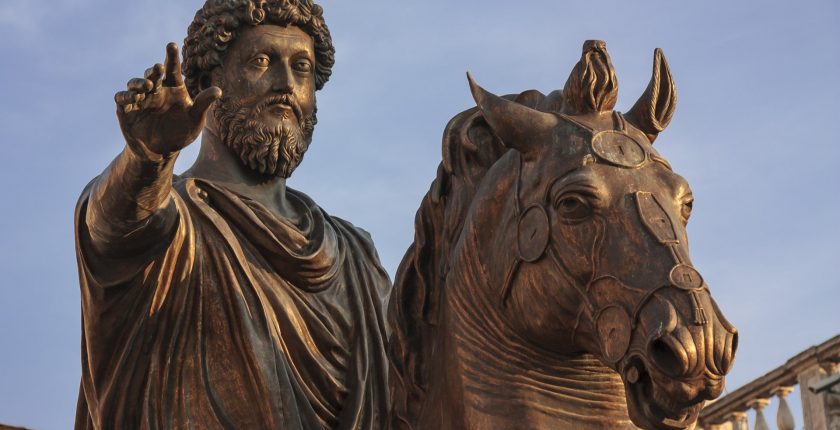- Visitor:18
- Published on:
5 Books to Read in Western Political Thought
In this article, author Saumya Dey recommends five books to read for a ‘Purva Paksha’ of our ideological enemies. The following five books could provide one a reasonably good sense of Western political thought till the age of enlightenment, Marxism along with its interpretation of history, and certain aspects of, what is termed these days, ‘critical theory’ pertaining to the post-enlightenment and industrial cognitive and social order. To challenge Western universalism, or ‘radical’, Left leaning academic activism (that uses the resources of Marxism and ‘critical theory’), one has to know their premises, and a perusal of these books may be five fruitful steps in that direction. To beat the enemy, you must know the enemy first.

The following five books could provide one a reasonably good sense of Western political thought till the age of enlightenment, Marxism along with its interpretation of history, and certain aspects of, what is termed these days, ‘critical theory’ pertaining to the post-enlightenment and industrial cognitive and social order. To challenge Western universalism, or ‘radical’, Left leaning academic activism (that uses the resources of Marxism and ‘critical theory’), one has to know their premises, and a perusal of these books may be five fruitful steps in that direction. To beat the enemy, you must know the enemy first.
A History of Political Theory by George H. Sabine and Thomas L. Thorson – Please note that a pretense to universalism is implicit in the very title of the volume. This is a history of Western political thought whose name makes no allusion to its geographical context. The book is titled as though it is a history of all political thought. Nevertheless, commencing in the age of city states and culminating with the rise and coming to power of fascism and National Socialism in Italy and Germany, this is a very useful account.
The Rise of European Liberalism by Harold J. Laski – Useful if you want to acquaint yourself with the core outlooks – constitutionalism, an amount of cultural relativism, and the idea that the market ought to be a space emancipated from religious, moral interventions – that constitute European liberalism and the historical circumstances that gave birth to them.
Fundamentals of Historical Materialism. The Marxist View of History and Politics by Doug Lorimer – What is the materialist view of history? Why or how does Marxism view history as a succession of socio-economic formation, or modes of production? What exactly does a revolution in the Marxist sense exactly entail? Read to know.
The Structural Transformation of the Public Sphere by Jurgen Habermas – What it the ‘public sphere’? Habermas says that it is the informal zone, made up of private individuals come together as a public, that emerged between the government and civil society (represented by journals and newspapers) along with the systems and structures of modern capitalism. What is meant by its ‘transformation’? When it became a site of passive consumption and propaganda from being one of critical conversations on account of the rise of electronic media and advertising. The book may be termed a pessimistic commentary on the post-industrial West whose core argument is often generalized and applied to the entire world.
Discipline and Punish. The Birth of The Prison by Michel Foucault – Another com mentary on the post enlightenment and industrial West through an analysis of the Western penal system. At a point in its history, Foucault writes, the convict’s body ceased to be the site of punishment. Instead, the Western penal system sought to correct and reform a convict’s spirit. This happened in the wider context of bourgeois values becoming hegemonic in the West and determining the actions of the governments. They now sought to produce the homo economicus –economically useful and productive human beings – by diffusing discipline and surveillance through the social body. The transformation of the penal system was only one instance of this effort. Foucault is a favorite with the ‘radical’, anti-state activist types since he seems to imply that all that a government does is enforce power and discipline upon the population it rules.
mentary on the post enlightenment and industrial West through an analysis of the Western penal system. At a point in its history, Foucault writes, the convict’s body ceased to be the site of punishment. Instead, the Western penal system sought to correct and reform a convict’s spirit. This happened in the wider context of bourgeois values becoming hegemonic in the West and determining the actions of the governments. They now sought to produce the homo economicus –economically useful and productive human beings – by diffusing discipline and surveillance through the social body. The transformation of the penal system was only one instance of this effort. Foucault is a favorite with the ‘radical’, anti-state activist types since he seems to imply that all that a government does is enforce power and discipline upon the population it rules.
- 9 min read
- 0
- 0










